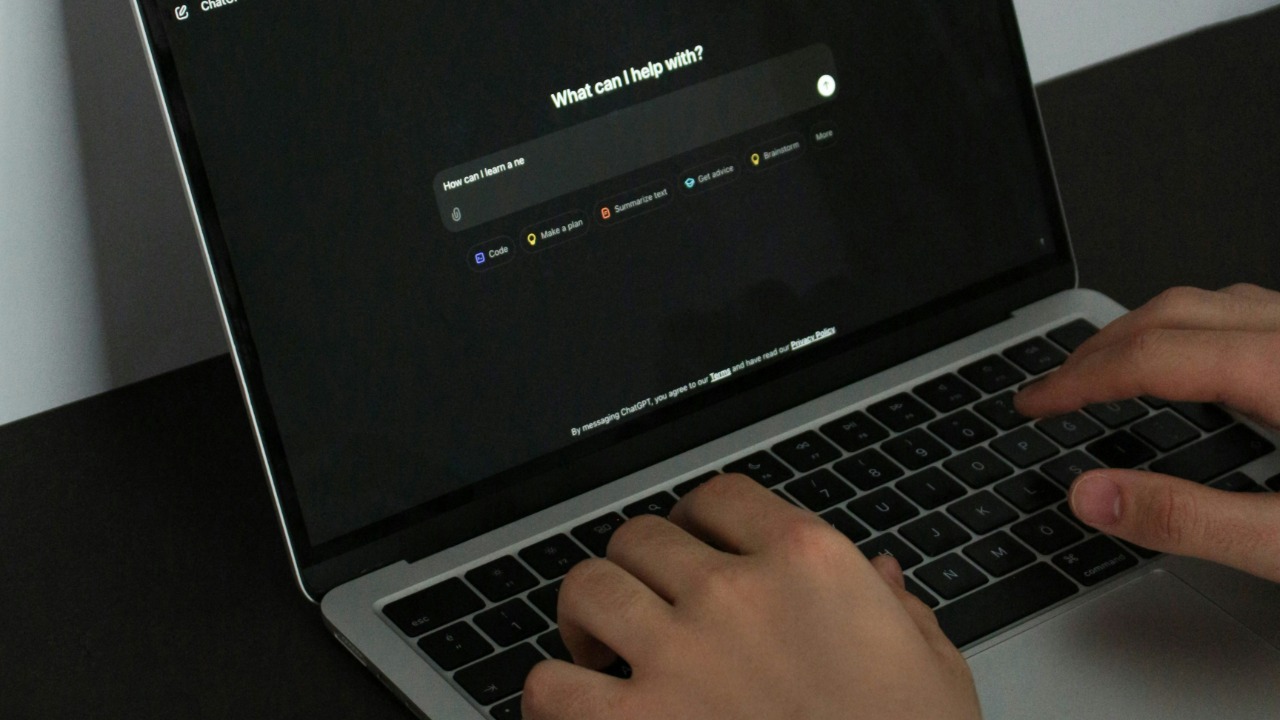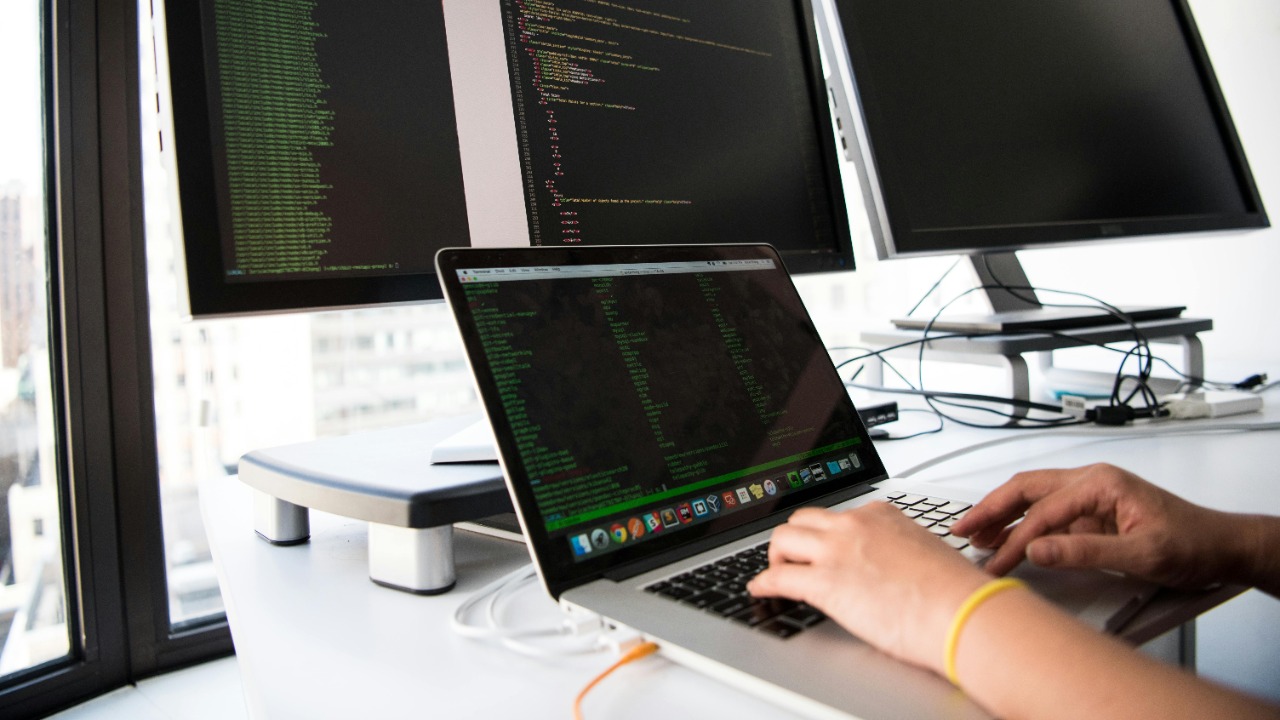
As we witness the rapid evolution of technology, artificial intelligence (AI) is poised to automate a variety of jobs, leading to a significant shift in the workplace landscape. This transformation is expected to render certain jobs obsolete by 2035, with profound implications for the global workforce.
Understanding the Potential Impact of AI on Employment

AI, with its ability to learn, reason, and self-correct, is increasingly being integrated into the workplace. Its capabilities range from automating mundane tasks to making complex decisions, thereby potentially affecting a wide spectrum of jobs. The impact of AI on employment is often discussed in terms of automation and job displacement, with certain roles becoming redundant as machines take over.
Historically, predictions and trends have indicated a significant displacement of jobs due to AI. However, it’s crucial to note that while AI may render some jobs obsolete, it also has the potential to create new roles that we can’t even envision today.
Jobs Predicted to Vanish by 2035 Due to AI

AI is predicted to make certain jobs obsolete by 2035, particularly those involving low-skilled labor, repetitive tasks, and even some white-collar roles. According to a Forbes article, these jobs are the most vulnerable to automation due to the nature of their tasks.
These predictions are supported by various studies and data, indicating a timeline for when these jobs might disappear. However, it’s important to remember that these are predictions, and the actual impact of AI on these jobs could vary based on numerous factors, including technological advancements, economic conditions, and policy interventions.
Views from Experts on AI and Job Displacement

Experts like Sam Altman and Bill Gates have shared their views on AI and job displacement. According to Bill Gates, AI will replace many doctors and teachers within the next decade, suggesting that humans won’t be needed ‘for most things’.
However, AI also has potential positive implications. It could free up humans for more complex tasks that require creativity, critical thinking, and emotional intelligence. On the flip side, the potential negative implications include job losses and increased inequality, particularly if the transition is not managed effectively.
Preparing for the Future: Skills Needed for the AI Era

As we prepare for the AI era, certain skills will become increasingly important. According to the World Economic Forum, these include problem-solving, critical thinking, creativity, and emotional intelligence, among others.
Education and lifelong learning will be crucial in preparing for the AI era. As AI creates new jobs and transforms existing ones, individuals will need to continually update their skills to stay relevant. Moreover, sectors like technology, healthcare, and renewable energy are likely to grow, creating new opportunities.
Case Study: Sam Altman’s Bold Prediction for 2035

Sam Altman, CEO of OpenAI, has made a bold prediction for 2035. According to him, the top-paying jobs in 2035 will be in outer space, as reported by the Times of India. This prediction suggests a future where space exploration and related technologies could become a major sector of employment.
While this prediction might seem far-fetched, it’s not entirely implausible given the current rate of technological advancement. However, it also presents potential challenges, including the need for specialized skills and training, and the physical and psychological implications of working in space. Regardless, it underscores the need for adaptability and lifelong learning in the face of rapid technological change.